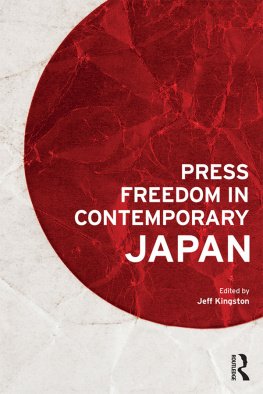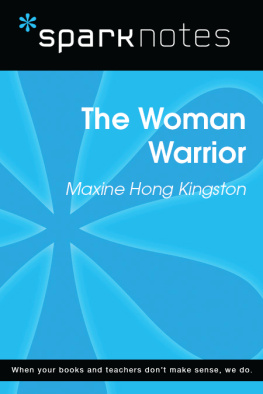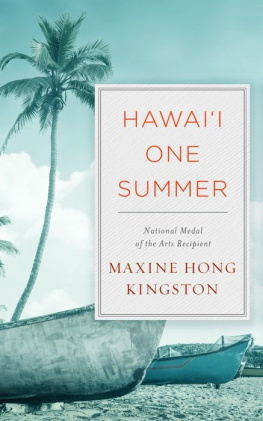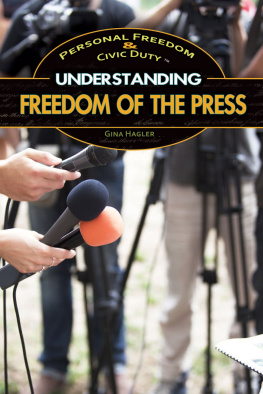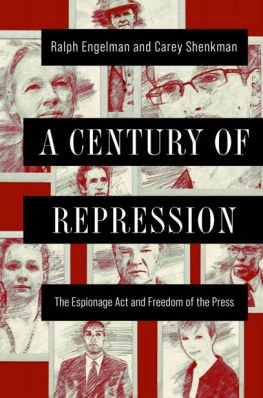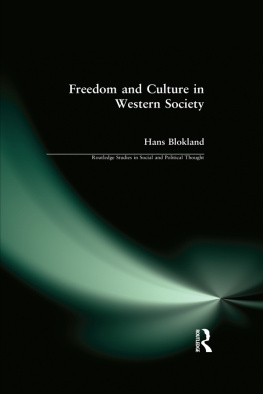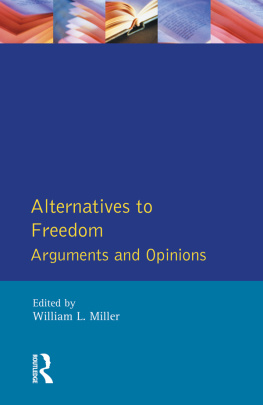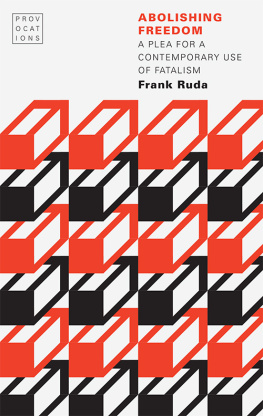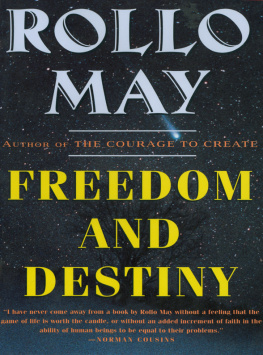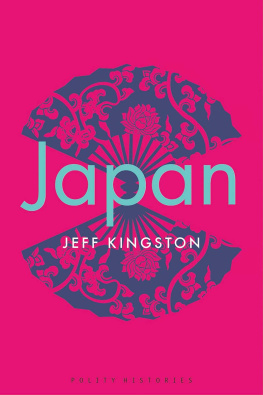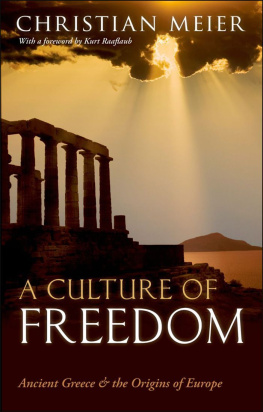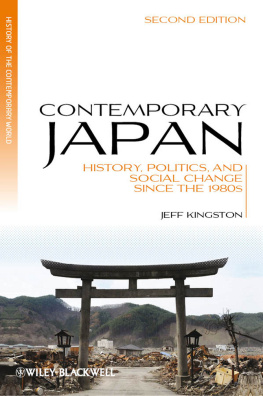Kingston - Press Freedom in Contemporary Japan
Here you can read online Kingston - Press Freedom in Contemporary Japan full text of the book (entire story) in english for free. Download pdf and epub, get meaning, cover and reviews about this ebook. City: Japan, year: 2017;2016, publisher: Taylor and Francis;Routledge, genre: Politics. Description of the work, (preface) as well as reviews are available. Best literature library LitArk.com created for fans of good reading and offers a wide selection of genres:
Romance novel
Science fiction
Adventure
Detective
Science
History
Home and family
Prose
Art
Politics
Computer
Non-fiction
Religion
Business
Children
Humor
Choose a favorite category and find really read worthwhile books. Enjoy immersion in the world of imagination, feel the emotions of the characters or learn something new for yourself, make an fascinating discovery.
Press Freedom in Contemporary Japan: summary, description and annotation
We offer to read an annotation, description, summary or preface (depends on what the author of the book "Press Freedom in Contemporary Japan" wrote himself). If you haven't found the necessary information about the book — write in the comments, we will try to find it.
Press Freedom in Contemporary Japan — read online for free the complete book (whole text) full work
Below is the text of the book, divided by pages. System saving the place of the last page read, allows you to conveniently read the book "Press Freedom in Contemporary Japan" online for free, without having to search again every time where you left off. Put a bookmark, and you can go to the page where you finished reading at any time.
Font size:
Interval:
Bookmark:

In twenty-first century Japan there are numerous instances of media harassment, intimidation, censorship and self-censorship that undermine the freedom of the press and influence how the news is reported. Since Abe returned to power in 2012, the recrudescence of nationalism under his leadership has emboldened right-wing activists and organizations targeting liberal media outlets, journalists, peace museums and ethnic Korean residents in Japan. This ongoing culture war involves the media, school textbooks, constitutional revision, pacifism and security doctrine.
This text is divided into five sections that cover:
- The politics of press freedom;
- The legal landscape;
- History and culture;
- Marginalization;
- PR, public diplomacy and manipulating opinion.
Press Freedom in Contemporary Japan brings together contributions from an international and interdisciplinary line-up of academics and journalists intimately familiar with the current climate, in order to discuss and evaluate these issues and explore potential future outcomes. It is essential reading for anyone wishing to understand contemporary Japan and the politics of freedom of expression and transparency in the Abe era. It will appeal to students, academics, Japan specialists, journalists, legal scholars, historians, political scientists, sociologists, and those engaged in human rights, media studies and Asian Studies.
Jeff Kingston is Professor of History and Director of Asian Studies at Temple University, Japan. He is the author of Japans Quiet Transformation (2004) and Contemporary Japan (2011).
Edited by Jeff Kingston

First published 2017
by Routledge
2 Park Square, Milton Park, Abingdon, Oxon OX14 4RN
and by Routledge
711 Third Avenue, New York, NY 10017
Routledge is an imprint of the Taylor & Francis Group, an informa business
2017 selection and editorial matter, Jeff Kingston; individual chapters, the contributors
The right of Jeff Kingston to be identified as the author of the editorial material, and of the authors for their individual chapters, has been asserted in accordance with sections 77 and 78 of the Copyright, Designs and Patents Act 1988.
All rights reserved. No part of this book may be reprinted or reproduced or utilised in any form or by any electronic, mechanical, or other means, now known or hereafter invented, including photocopying and recording, or in any information storage or retrieval system, without permission in writing from the publishers.
Trademark notice: Product or corporate names may be trademarks or registered trademarks, and are used only for identification and explanation without intent to infringe.
British Library Cataloguing in Publication Data
A catalogue record for this book is available from the British Library
Library of Congress Cataloging in Publication Data
Names: Kingston, Jeff, 1957 editor.
Title: Press freedom in contemporary Japan / edited by Jeff Kingston.
Description: Milton Park, Abingdon, Oxon ; New York, NY : Routledge, 2017. | Includes bibliographical references and index.
Identifiers: LCCN 2016028223 | ISBN 9781138189591 (hardback) | ISBN 9781138647039 (pbk.) | ISBN 9781315626222 (ebook)
Subjects: LCSH: Freedom of the pressJapan.
Classification: LCC PN4748.J3 P74 2017 | DDC 323.44/50952dc23
LC record available at https://lccn.loc.gov/2016028223
ISBN: 978-1-138-18959-1 (hbk)
ISBN: 978-1-138-64703-9 (pbk)
ISBN: 978-1-315-62622-2 (ebk)
Typeset in Times New Roman
by Apex CoVantage, LLC
Jeff Kingston
Part I
The politics of press freedom
Aurelia George Mulgan
Koichi Nakano
Martin Fackler
Michael Penn
Ellis S. Krauss
Michael Thomas Cucek
Part II
Legal landscape
Lawrence Repeta and Yasuomi Sawa
Arthur Stockwin
Kenta Yamada
Part III
History and culture wars
Tomomi Yamaguchi
Alexis Dudden
David McNeill
Philip Seaton
Gregory Clark
Mark Schreiber and William Wetherall
Part IV
Marginalization
Debito Arudou
Akihiro Ogawa
Hideko Yoshimoto
Part V
PR, public diplomacy and manipulating opinion
Tina Burrett
Nancy Snow
Jeff Kingston
Debito Arudou (Hawaii Pacific University and the University of Hawaii at Manoa) is an advocate for Non-Japanese residents in Japan and author of numerous academic journal articles and books, including Embedded Racism: Japans Visible Minorities and Racial Discrimination, Japanese Only: The Otaru Hot Springs Case and Racial Discrimination in Japan and Handbook for Newcomers, Migrants, and Immigrants to Japan. His regular column has appeared in The Japan Times since 2002. www.debito.org.
Tina Burrett is Associate Professor of Political Science at the Faculty of Liberal Arts, Sophia University, Japan. She holds a Ph.D. in Political and Social Sciences from Cambridge University. Her publications include Television and Presidential Power in Putins Russia, Routledge, 2013; Russias Competing Nationalisms and Relations with Asia in Asian Nationalisms Reconsidered, Jeff Kingston (ed.), Routledge, 2015; Abe Road: Comparing Japanese Prime Minister Shinzo Abes Leadership of his First and Second Governments, Parliamentary Affairs, 2016; and Prime Ministerial Leadership in Britain and Japan, 2017 (forthcoming).
Gregory Clark, educated at Oxford, served as an Australian diplomat in China and the Soviet Union before resigning to protest Canberras Vietnam War policies. Since 1969 he has lived and worked in Japan first as a correspondent and then as an academic attached to three universities. The strong response to his 1978 book The Japanese Tribe (in Japanese) gave him an unusual access to Japanese society, details of which can be found at www.gregoryclark.net. He speaks/reads Chinese, Russian, Japanese and Spanish.
Michael Cucek is a political consultant, advising clients in diplomatic, business and financial communities on Japanese politics. His blog Shisaku: Marginalia on Japanese Politics and Society was for many years a primary source of analysis and comment on the Japan scene. He is currently teaching history and politics at Temple University Japan and Waseda University. From 1992 to 1994 he was a research associate in the New York news bureau of TV Asahi, working on the production of nightly news and special reports for the networks innovative flagship program News Station.
Alexis Dudden is Professor of History at the University of Connecticut. Her work focuses on the political use of the past in the present. She is author of numerous essays, blogs and books including Troubled Apologies Among Japan, Korea, and the United States. She is currently on a Fulbright Fellowship in Seoul researching Northeast Asias numerous maritime disputes.
Martin Fackler is Research Fellow at the Rebuild Japan Initiative Foundation, a Tokyo-based think tank. He worked for two decades as a correspondent in Asia, including six years as Tokyo bureau chief for The New York Times. In 2012, he was a finalist for the Pulitzer Prize for reporting on the Fukushima Daiichi nuclear disaster. Martin has written several books in Japanese, including
Font size:
Interval:
Bookmark:
Similar books «Press Freedom in Contemporary Japan»
Look at similar books to Press Freedom in Contemporary Japan. We have selected literature similar in name and meaning in the hope of providing readers with more options to find new, interesting, not yet read works.
Discussion, reviews of the book Press Freedom in Contemporary Japan and just readers' own opinions. Leave your comments, write what you think about the work, its meaning or the main characters. Specify what exactly you liked and what you didn't like, and why you think so.

